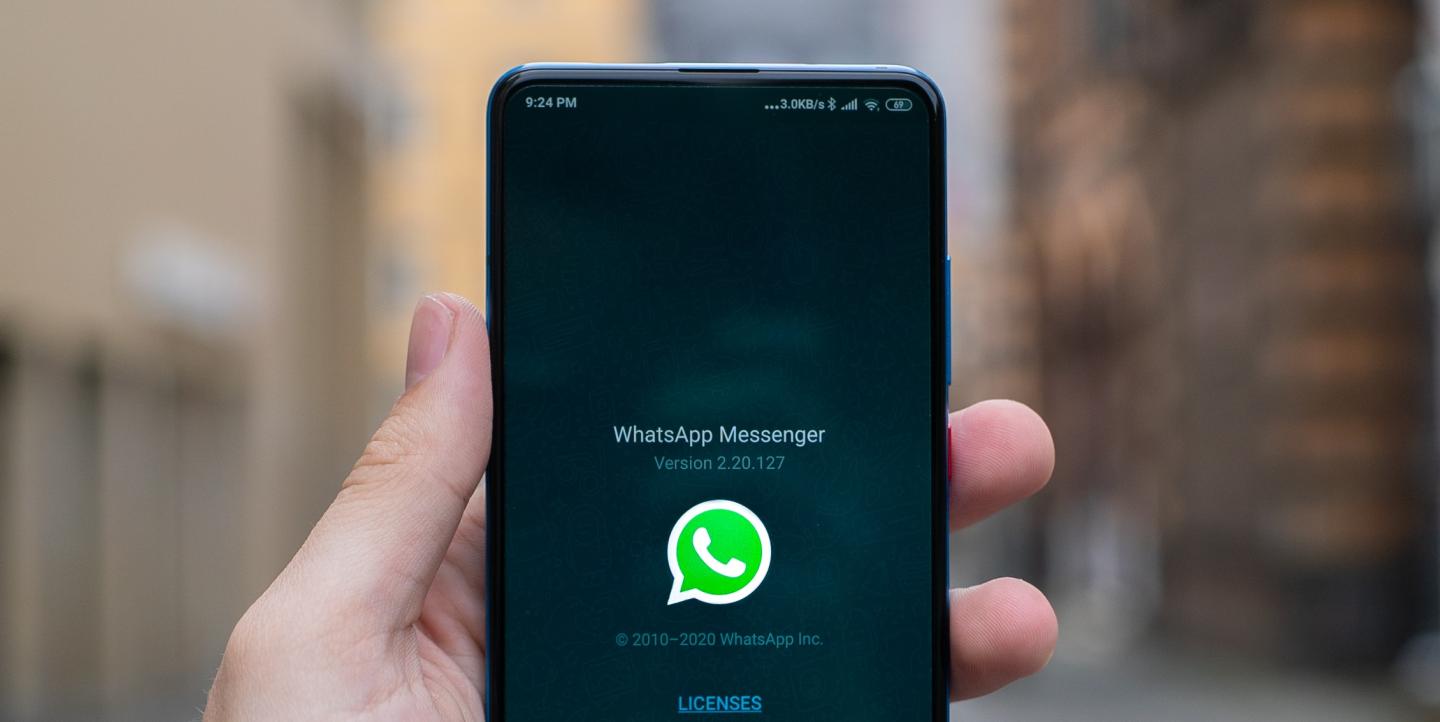WhatsApp has become Spain’s second most popular online source to read the news. More than a quarter of survey respondents in Reuters Institute for the Study of Journalism's 2023 Digital News Report, said they use the app to be informed. Only Facebook is more trafficked for news in the country.
Media outlets are turning to WhatsApp to reach their audiences, as a result. Maldita and Newtral offer fact-checking services on the app, and since WhatsApp launched its new "channels” feature in June 2023, outlets such as El Pais, ABC, elDiario.es, As, and La Sexta have created channels to distribute their stories.
Launched that same month, Pamplonews runs a local daily newsletter exclusively on WhatsApp for residents of Pamplona, the capital of the northeastern Spanish province of Navarra. It curates activities for its readers, such as concerts, exhibitions, cycling itineraries and pintxo routes. It also provides updates on practical information, such as changes to public transport fares or public subsidies available to people and how to apply for them. It has attracted over 9,100 subscribers in less than six months.
Engaging readers
For co-founders Juan Andres Muñoz and Diego Macaya, Pamplonews does more than broadcast news. “Our philosophy is that it is not just a medium that sends information for people to consume, but a way of creating an omnidirectional relationship and a community,” explained Muñoz. “The idea is to try to help people to live better and to get the most out of the city of Pamplona through quality, trustworthy and reliable information.”
Pamplona has a population of 200,000, and has been ranked as the city in Spain with the best quality of life. It prides itself on its well-conserved historic center, its hospitality to pilgrims walking the French route of the Camino de Santiago, a rich and diverse gastronomic scene, and the world-famous street bull-running that takes place during the Festival of San Fermín every July.
“We try to highlight the positive: what is good, what creates community, what brings people together,” said Muñoz.
Listening to subscribers is key to Pamplonews’ success. Subscribers often write in with feedback, and some suggest stories to cover from their neighborhoods. For example, one subscriber sent photos of a downed tree on a main street in the city, which Pamplonews in turn included in their newsletter. For another story, after authorities reported a wild boar roaming a nearby city, the team wrote about what readers can do in case they come across or are attacked by a wild boar themselves.
Muñoz and Macaya frequently curate lists based on readers’ recommendations, such as “on the best pintxos in downtown.” For the 600th anniversary of the founding of Pamplona, they encouraged subscribers to share clips showcasing the different festivities being held around the city, to later be featured in Pamplonews.
The newsletters are written in a casual, direct, and friendly tone. The articles are presented with bolded titles and emojis, and often include useful links to original sources. They are visually appealing, easy to digest, and short: each only takes a few minutes to read.
Why WhatsApp
Muñoz and Macaya settled on WhatsApp for their newsletters due to the app’s popularity in Spain and the ability to engage readers directly through it.
“People are not usually willing to download a new app, and social media is breaking away from information and journalism, while WhatsApp is a very conducive tool because everyone in Spain uses it several times a day, from young to old people,” explained Muñoz. “Instead of using this as an add-on, as something that helps expand the message, [we thought] ‘let's make the message the medium.’”
Pamplonews utilizes WhatsApp Communities, a tool designed for large messaging groups that share a common interest and engage in ongoing discussions. Only the administrators can send messages but individuals can reply in private to Macaya and Muñoz. The Pamplonews founders preferred this feature to the platform’s newer Channels, which are designed as a one-to-many broadcast tool and don’t allow individuals to have two-way conversations with the administrators. “Channels allow more participants to join, but on the other hand, are similar to broadcasting and that can feel very impersonal to readers,” said Muñoz.
One disadvantage of using WhatsApp is that it doesn't provide much information about one’s audience. Macaya and Muñoz try to address this by giving people the option to subscribe to the newsletter through a form on a separate landing page, where they are prompted to provide their phone number, name and zip code.
Still, only 10% have joined via the landing page; the vast majority of subscribers have used the direct link to the WhatsApp Community to sign up, said Muñoz. “This sample, although small, gives us data. Paired with the information we have from interactions with readers, it gives us an idea of what the audience is like,” he said, noting that their readers are diverse in age and gender, and are primarily local residents.
Keys to success
Muñoz highlighted the importance of interacting with readers on a personal level as key to the newsletter’s success. “When you have an audience that writes to you, and you answer them right away with a personalized message instead of a bot, you are creating a unique complicity and closeness.”
Surveys and collaboration are valuable strategies to actively engage subscribers, involving them in the newsletter's content. For example, Pamplonews plans to conduct a “community interview” with Pamplona’s mayor, during which Macaya will ask questions raised by subscribers.
To bolster its close connection with subscribers, Pamplonews has also recently introduced new formats within the newsletter, like audio messages, where Macaya “reads out” the articles, as a reminder of the humans behind the content. Readers responded positively to the audio messages, inspiring Macaya and Muñoz to launch a podcast.
Looking ahead, Pamplonews is considering creating a website to explore formats that the messaging app doesn’t support and to make it easier for subscribers to find previous newsletter editions. Macaya and Muñoz may also partner with local companies and institutions to sponsor content, create merchandise, and organize offline events to engage with its community and better sustain the project in the long run.
Photo by Mika Baumeister on Unsplash.


